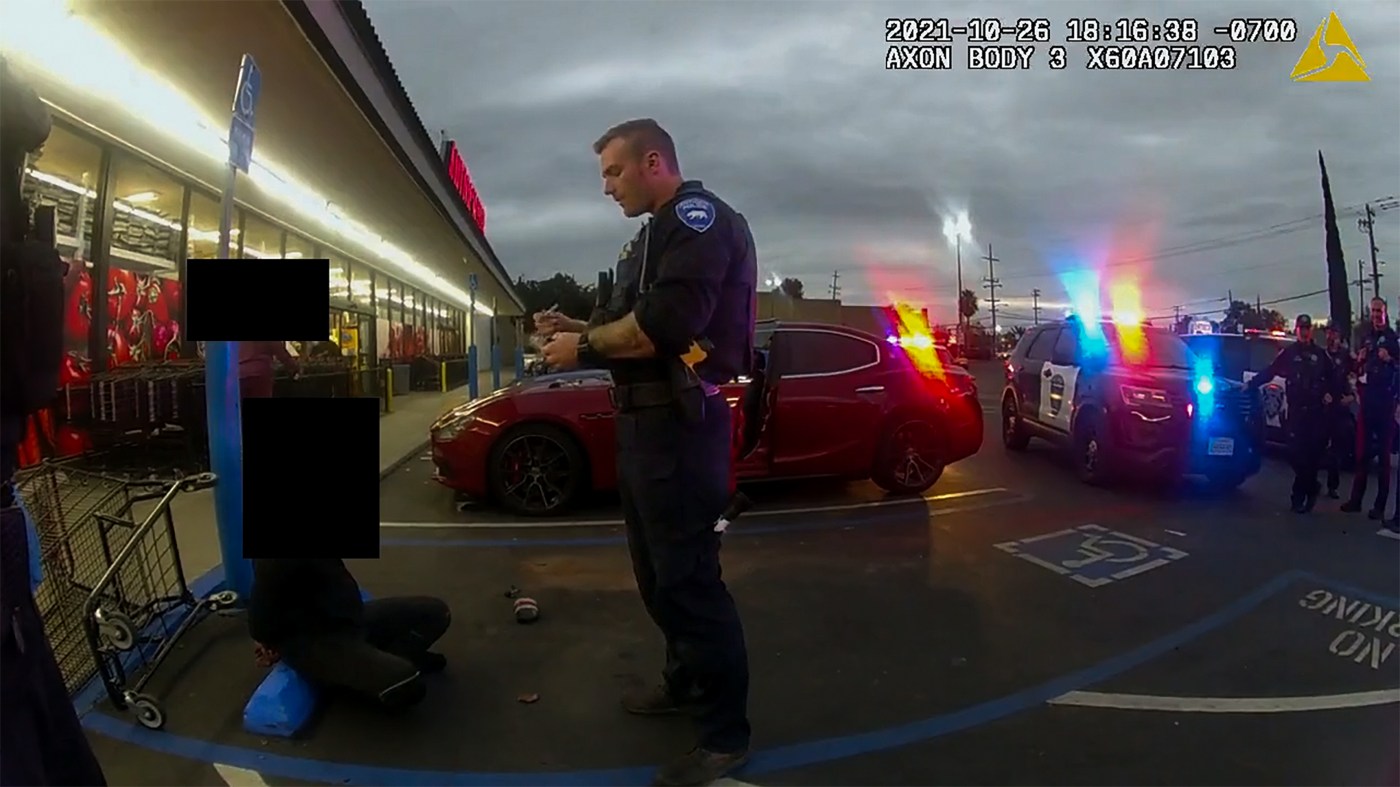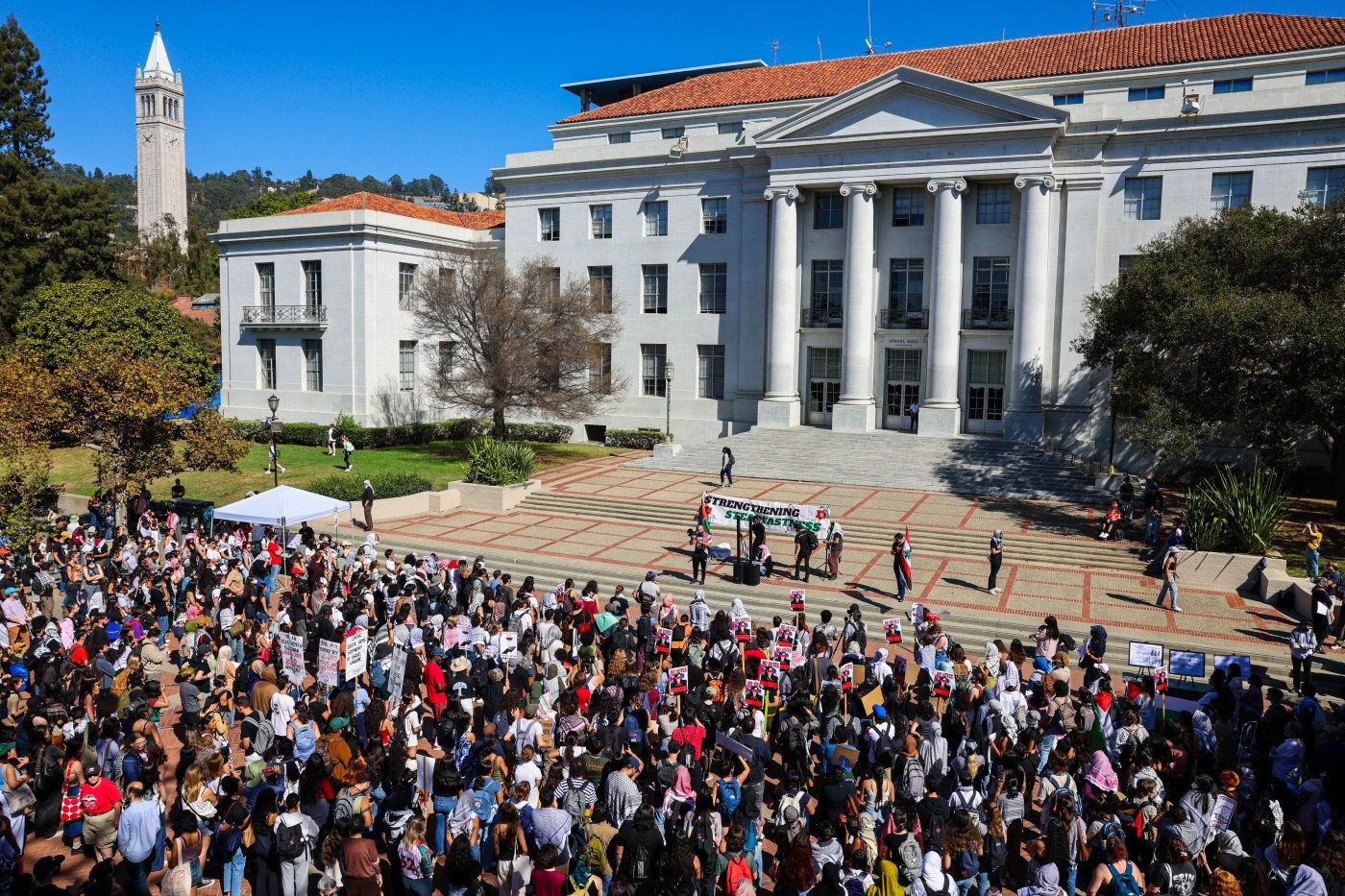Beleaguered San Mateo County Sheriff Christina Corpus filed a lawsuit against the county and its officials, including Executive Mike Callagy and the board of supervisors, accusing them of violating the California Public Records Act by withholding documents related to a sweeping investigation into her administration.
Filed last week, the complaint asks the court to compel the county to release records related to a more than 400-page report, conducted by retired Judge LaDoris Cordell last year, detailing alleged misconduct, corruption, and harassment by Corpus and her former chief of staff, Victor Aenlle.
The records request focuses on financial documents and expenses associated with the report. A hearing on the case is scheduled for June 23 at the San Mateo County Superior Court.
Although payment records were not posted on the county’s website — where a separate section was created for information related to the investigation into Corpus — officials disclosed in January that Cordell billed the county $750 per hour and that the county spent approximately $200,000 on the inquiry and final report.
“This is in line with both the cost of a complex and sensitive investigation of this nature as well as the level of experience, expertise and unique qualifications that Cordell brought to the matter,” officials said at the time.
The scandal surrounding Corpus has sparked a flurry of legal actions — both from and against the sheriff. In this latest case, her attorneys allege the county improperly withheld public records she requested on March 7. The county allegedly cited attorney-client privilege, the attorney work product doctrine, and California Evidence Code Section 1040, as its basis for not releasing the records.
Government agencies in California can withhold certain records based on legal protections. The “attorney work product doctrine” safeguards materials created by attorneys in anticipation of litigation, while Evidence Code Section 1040 allows agencies to keep information confidential if its release would be illegal or detrimental to the public interest.
Related Articles
Judge advances lawsuit that could put Santa Clara County jails on trial over suicide prevention
Apple security chief acquitted, mistrial for ex-undersheriff in Santa Clara County gun permit bribery case
Santa Clara County poised to pay $5 million to father of victims in deadly police chase
Santa Clara County sheriff purges outdated immigration policy from its books
Stanford drops administrative case against student journalist
Corpus argues that the records she seeks are not covered by these protections. Her legal team is requesting documents showing the San Mateo County Board of Supervisors’ approval or funding of the contract, along with any timesheets, invoices, and payment records submitted by Cordell.
“Why is the County suddenly so secretive about the genesis of their infamous and yet untested Cordell report?” Thomas Mazzucco, Corpus’ lawyer, told this news organization in an email Thursday. “That is not the transparency the Sheriff or the citizens deserve.”
The California Public Records Act, enacted in 1968, guarantees the public’s right to access records held by government agencies, with limited exemptions for privacy, security, and legal privilege.
“This action seeks to enforce the public’s right to access government records, a fundamental principle of transparency under the California Public Records Act and California Constitution,” the lawsuit states.
“The requested records do not fall within the narrowly construed exemptions under the CPRA and should be disclosed in the interest of accountability,” the complaint continues. Corpus’ attorneys argue the records were “not made in anticipation of litigation or for the purpose of obtaining legal advice.”
Spokesperson Michelle Durand said the county maintains that “documents such as billing and contracts are privileged.”
Corpus, the county’s first Latina sheriff, has refused to resign despite growing pressure from her own captains, both deputy sheriffs’ unions, the board of supervisors, and several city governments and other local leaders. She maintains the allegations are politically motivated and biased, and argues that Cordell’s investigation was flawed.
The lawsuit comes just as a new amendment to the San Mateo County Charter takes effect Friday, temporarily granting the board of supervisors authority to remove an elected sheriff until 2028 — a power approved by 84% of voters last month.
County officials previously estimated the special election would cost about $3.8 million.
Last week, the board reviewed — though has not yet adopted — a proposed 12-step process for removing a sheriff, developed with guidance from the law firm Hanson Bridgett. The full removal process could take at least 3 1/2 months, not including the time required to select a successor if Corpus is ultimately removed.
Board President David Canepa emphasized the board’s commitment to fairness.
“The next action the board will take is to notify the sheriff of the intent to remove, which will require the board’s first four-fifths vote to proceed,” Canepa said. “This will be a measured and transparent process that will be fair to the sheriff.”
The next board meeting is scheduled for Tuesday, though as of now, the agenda does not include any items related to the sheriff’s removal process.





